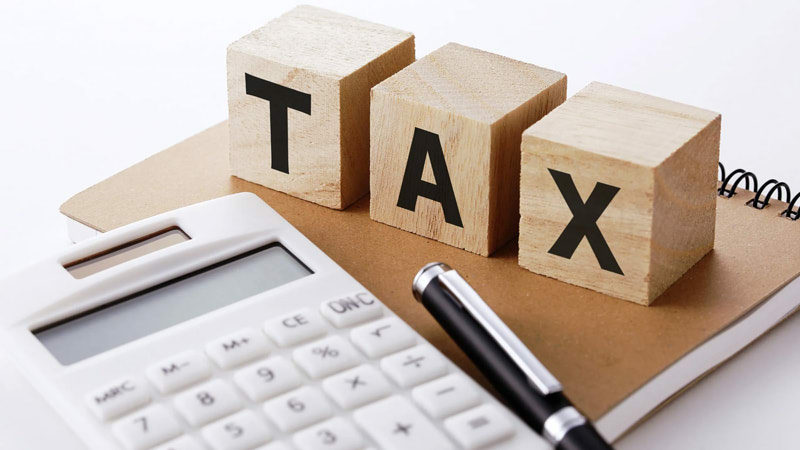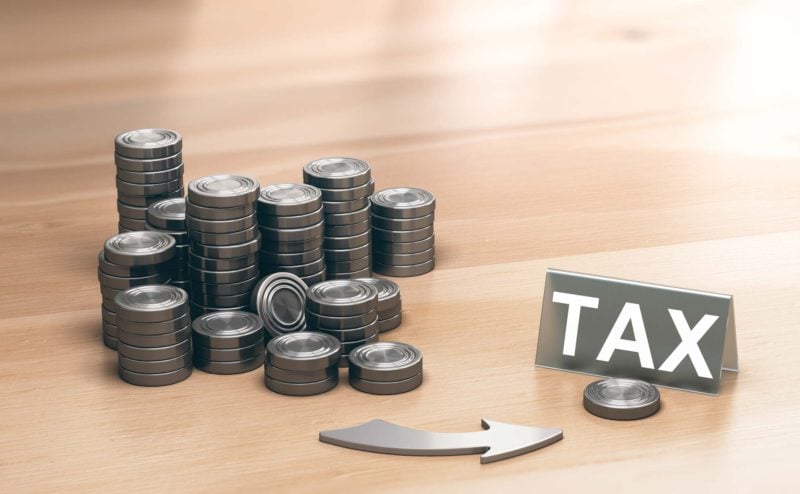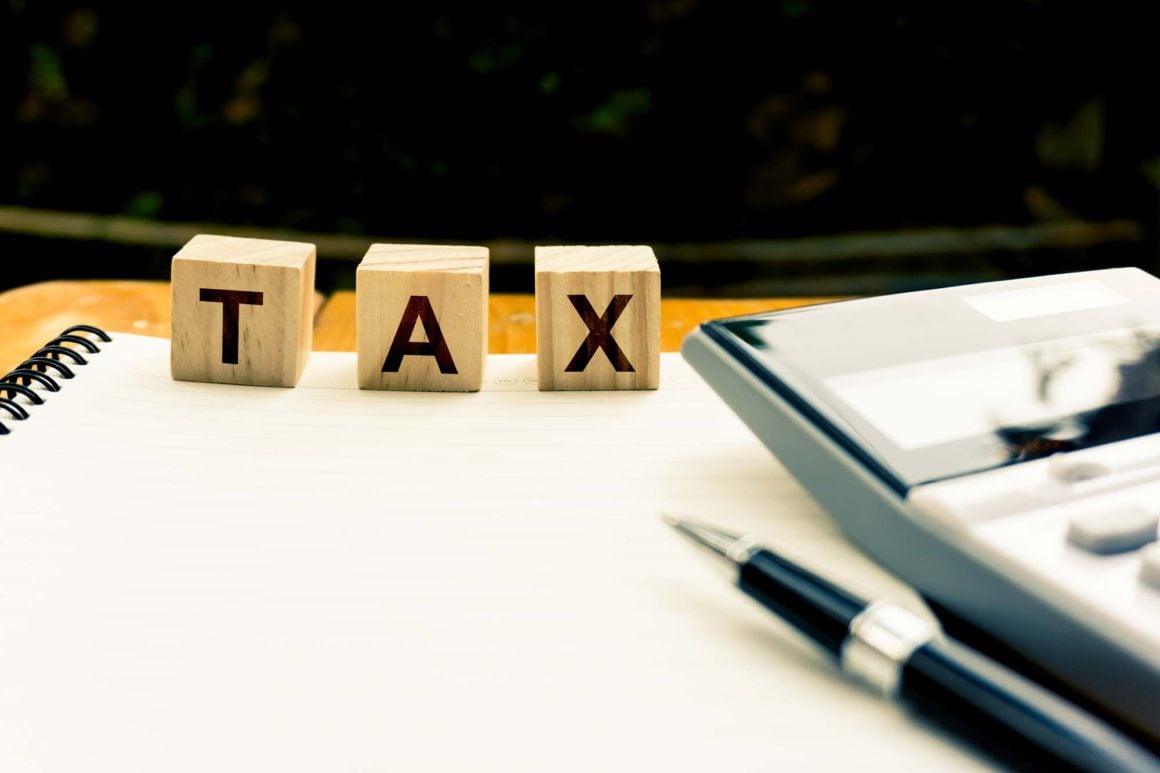[ad_1]
Tax isn’t necessarily a bad thing. If you’re paying tax, it means that you are making money (income or capital gains).
But of course, there’s no need to pay any more than you legally have to. I discuss our common-sense approach to saving tax below.
Minimising risk is often more important than saving on tax
It is not worth it to bend or break the law to save a few hundred dollars in tax.
For example, if you get audited and have some dodgy deductions, it will encourage the ATO to look harder.

The last thing you want is to attract the ATO’s attention.
My approach has always been to stick within the black letter of the law.
Bending the law is rarely worth it.
However, if there are entirely legitimate ways to minimise tax liabilities, then it would be silly to not explore them.
Remember, when you lodge a tax return, the taxpayer takes all the risk.
If you get audited, you will be liable for the interest and penalties, not your accountant.
Often, tax can only be delayed, not avoided
Of course, there are a few things you can do to minimise tax.
However, more aggressive tax minimising measures tend to delay tax rather than permanently reduce it.
Often, implementing these strategies create cost (tax advice fees and documentation) and complexity.
Even the best plans can be thwarted by the ATO issuing a tax ruling, practice statement or change in the law to outlaw your plans.
Sometimes, it’s better to keep things simple.
Minimise tax as much as possible without creating too much cost and complexity.
Minimise tax whilst you’re working (pre-retirement)
I list some of the common strategies we use to help clients minimise tax liabilities whilst they are working i.e. generating personal exertion income.
Personal exertion income earners have few avenues to minimise tax
If you are a PAYG employee or earn Personal Services Income, there are not many avenues available to you to minimise your income tax liability.
 Of course, you can use negative gearing and/or contribute into super (discussed below), but that’s about it.
Of course, you can use negative gearing and/or contribute into super (discussed below), but that’s about it.
There are some additional tactics available to certain professionals such as barristers and medicos.
If there are limited avenues available to you to minimise income tax, then it is best to focus on minimising other tax liabilities such as tax on investment returns, land tax and so on – which I discuss below.
Contribute into super
After 1 July 2021, individuals can contribute up to $27,500 per year into super and claim a tax deduction for this expense.
The concessional contribution cap of $27,500 also includes any mandated employer contributions I.e. the compulsory 9.5% of your salary your employer contributes.
Concessional contributions are taxed in your super fund at a flat rate of 15% if your annual income is less than $250,000 (or 30% for higher income earners).
Borrow to invest (negative gearing)
Borrowing to invest essentially allows you to use other people’s money (the banks) to build your personal wealth.
 You can use pre-tax income to pay for the interest expense.
You can use pre-tax income to pay for the interest expense.
This used to be very tax effective.
However, now that interest rates are so low, borrowing to invest provides substantially smaller tax benefits.
That said, apart from the tax savings, borrowing to invest (to generate capital growth) often makes good sense, especially if you are more than 10 years from retirement.
Minimise tax on investment returns
If there are not many avenues to reduce the amount of tax you pay on your income, then at least make sure you don’t pay too much tax on your investment returns.
The first thing to do is to make sure that you invest in assets that generate more capital growth than income.
For example, residential property tends to provide most of its return in the form of capital growth.
Also, you should avoid share market investments with high turnover (trading) as most of your return will be taxable in the year it’s generated (this is most common with actively managed investments).
 This is another advantage of index funds – the turnover tends to be much lower.
This is another advantage of index funds – the turnover tends to be much lower.
The second tip is to make sure the investments are owned tax effectively.
This could include investments being held in the lowest income earner’s name or in a family trust to provide flexibility.
Think carefully about asset ownership.
The owner of the asset will dictate which tax options you have in the future.
Minimise land tax
Land tax is insidious because the annual expense tends to creep higher the longer you own a property.
And by the time it becomes a problem, it is too cost-prohibitive to take corrective action.
Mapping out a plan and following expert advice will help you minimise land tax as much as possible.
Consider capital gains tax
Quality assets will generate substantial capital gains if you hold them for the long term.
Consequently, they also accumulate substantial capital gains tax liabilities too.
This is something to consider.
It might be appropriate to put some assets in structures that allow you to minimise (or eliminate) CGT such as an SMSF or Family Trust.
If you’re self-employed, there are a lot more options
If you are self-employed and generate business income, there could be lots of avenues to minimise tax, as long as your business is structured correctly.
To learn more about this, I recommend you listen to our new podcast: The Holistic Accountant.
Your aim should be to pay zero tax in retirement
Any assets that are held inside super that are in the pension phase (i.e. you are retired) do not attract any tax (no capital gains tax or income tax) as long as your member balance is less than $1.7 million (after 1 July 2021).
That means a couple can have up to $3.4 million invested in super, and not pay any tax.
An individual can earn up to $22,500 per year and not pay any tax.
 This means a retired couple can earn up to $45,000 and not pay any tax.
This means a retired couple can earn up to $45,000 and not pay any tax.
Of course, even if they exceed this amount by a small amount – say $10,000 – they will still pay very little tax – only about $2,500 (or 4.5%).
Therefore, in retirement, if you expect to generate less than $50,000 per year, just make sure its evenly spread between spouses.
If you expect to generate a more substantial amount of income, then make sure you have some tax flexibility in retirement – such as a family trust.
If you plan well, it is a reasonable expectation to pay little to no tax in retirement.
If you can’t save tax, focus on investment returns
Some people can become too focused on saving tax.
If you earn money, it is likely you will have to pay your fair share of tax. That’s life.
It’s important to take whatever steps you can to minimise tax.
However, at some stage, you must move on and focus your attention elsewhere, such as maximising investment returns.
[ad_2]

